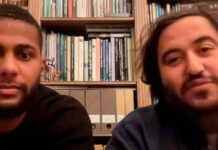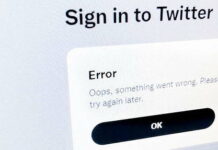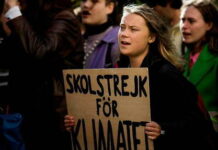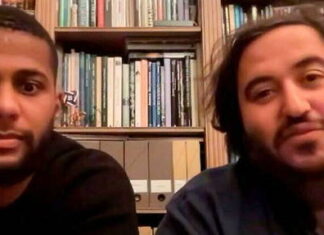How many French disabled sports champions can you name without looking on the internet? One two three ? We can regret that the list is not longer. Despite recent progress in their visibility with, for example, the streaming of Paralympic Games events, athletes still lack visibility and recognition.
The documentary We Are People, broadcast this Sunday evening at 9 p.m. on Canal, wishes to retrace the odyssey of disabled sport. Directed by Philippe Fontana and co-produced with Michaël Jeremiasz, Paralympic tennis champion, this project aims to highlight the testimonies of disabled athletes who had to overcome many hardships before reaching the heights.
Asked by Le Point what prompted him to agree to be the narrator of this documentary, Michaël Jeremiasz recounts its origins. “It’s a story of encounters, Philippe Fontana has been working for a long time on these subjects of minorities and mental disability. It’s part of his struggles and his interests. We quickly became very good friends, we had a lot of common anger, like having to put up with the injustice created by man. We are also sports fans, and by dint of discussing and seeing what was not done in the media, we wanted to evoke something more impactful than just my personal story. »
Would you like to discover the trailer of our documentary
Victim of a skiing accident in 2000 which left him paraplegic, the one who was standard bearer for the French Paralympic delegation at the Rio Games in 2016 hopes that the documentary will have an impact beyond the world of sport. “My mundane little story, it happens every day. With my enlightened gaze, I wanted to confront her with the great story. There is a real educational challenge, we want to explain to people where we come from. In the early 20th century, people with mental illness were still being euthanized. The authorization for them to play sports was in the 1970s: it is very recent on the scale of humanity. »
And so to add that physical activity has allowed many people with disabilities to exert themselves and especially to change their daily lives. “We said to ourselves that sport is much more than a thing to let off steam, adds Michaël Jeremiasz, especially for people with disabilities. We have wanted to tell this place for a hundred and fifty years: the practice of sport has allowed these people to live better, longer, and to feel more at ease in society. While the modern Games were organized at the end of the 19th century, the Paralympics took time to be recognized as such by the leaders of world sport: it took until 1989 to see them integrated just after the classic Olympics.
Among the strongest testimonies of the documentary, we find that of Amy Purdy. American snowboarder with both legs amputated, she confides in her discomfort with certain superlatives when talking about disabled athletes. “We’re not superheroes, we’re just humans. Michaël Jeremiasz supports this observation. “How are we superheroes?” We don’t call Teddy Riner like that, we just say he’s a champion. These are terms used for reassurance. We can’t get our bread ourselves, we can’t take some public transport alone. I can give you a billion examples to talk about our mundane lives that are littered with obstacles, no superhero faces that. We just want our performance to be rightly appreciated. We just want to be praised when we win, criticized when we lose. This excessive compassion bothers us, we just ask for equal treatment. »
If he hopes that We Are People will move consciences, Michaël Jeremiasz believes that the disabled are still too discriminated against today, and not only in the world of sport. “The more we advance in the reflection, the more we see the slow speed at which it evolves, it makes us want to radicalize ourselves. “You have to stop asking, you have to impose yourself”, as a high school student says at the end of the documentary. When I come out of all these exchanges, I realize that my rehabilitation in the 2000s was the same as a military casualty after the Second World War. I was turned over every two hours, I was waiting for penicillin…” To continue his educational work, the former tennis player must speak with the National Education in order to see the documentary broadcast next year in the classroom. A necessary initiative.
We Are People, at 9 p.m. Sunday on Canal.


















